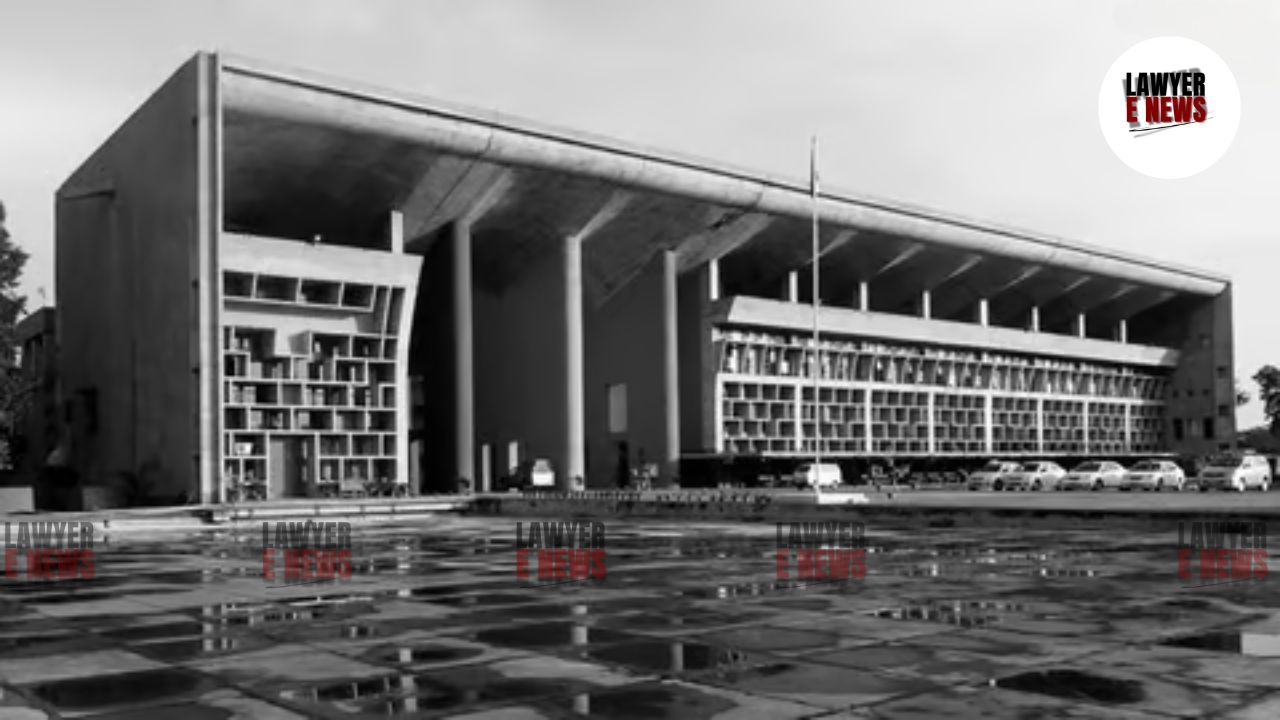-
by Admin
15 February 2026 5:35 AM



High Court of Punjab and Haryana dismisses parole petition citing deliberate concealment and repetition; underscores need for judicial transparency.
The High Court of Punjab and Haryana has dismissed a writ petition filed by Brij Lal, seeking parole on the occasion of his daughter’s marriage. The judgment, delivered by Justice Kuldeep Tiwari, emphasized the petitioner’s deprecable conduct in concealing previous court orders and refiling a similar petition with only a change in the date of the marriage. The court underscored the importance of transparency and the proper use of judicial resources.
Brij Lal, the petitioner, sought two weeks of parole under Article 226/227 of the Constitution of India and Section 3(1)(d) of the Punjab Good Conduct Prisoners (Temporary Release) Act, 1962, for the marriage of his daughter scheduled on May 24, 2024. He filed a representation to the authorities on April 10, 2024. Previously, Brij Lal had filed a similar petition (CRWP-2293-2024) which was dismissed as withdrawn on March 14, 2024. He had earlier jumped parole, resulting in his re-arrest and confinement since January 26, 2024.
The court noted that Brij Lal did not disclose the previous order when filing the current petition. Justice Tiwari remarked, “It seems that the speaking order [regarding the earlier petition], has been deliberately concealed from this Court, and only by changing the date of marriage of petitioner’s daughter, a fresh petition has been filed.” This omission was seen as an attempt to manipulate the judicial process.
Justice Tiwari stated, “This Court is unable to comprehend how a fresh petition is maintainable merely on the change of the date of marriage, once the earlier petition for the same cause of action was dismissed as withdrawn.” This stance reflects the court’s strict view against the misuse of judicial resources through repetitive filings.
The judgment highlighted that Brij Lal had previously jumped parole and was re-arrested after a delay of 1,043 days. The court found his actions in filing a new petition without disclosing relevant past orders to be a continuation of his disregard for judicial procedures. “The conduct of the petitioner is highly deprecable and cannot be appreciated,” remarked Justice Tiwari.
The court reiterated that petitioners must fully disclose all relevant information and previous orders when filing a petition. Judicial processes must not be abused by repetitive filings with minor alterations to previously decided matters. This ensures the efficiency and integrity of the legal system.
Justice Kuldeep Tiwari asserted, “The conduct of the petitioner is highly deprecable and cannot be appreciated.” The judgment further stated, “This Court refrains from imposing costs due to the petitioner’s current confinement,” indicating leniency given the petitioner’s incarceration.
The dismissal of Brij Lal’s parole petition by the High Court of Punjab and Haryana underscores the importance of transparency and proper use of judicial resources. The court’s firm stance against the concealment of relevant orders and repetitive petition filings sets a precedent, discouraging similar conduct in the future. This judgment reinforces the integrity of the judicial process and the necessity for petitioners to act in good faith.
Date of Decision: May 8, 2024
Brij Lal vs. State of Punjab and Others
